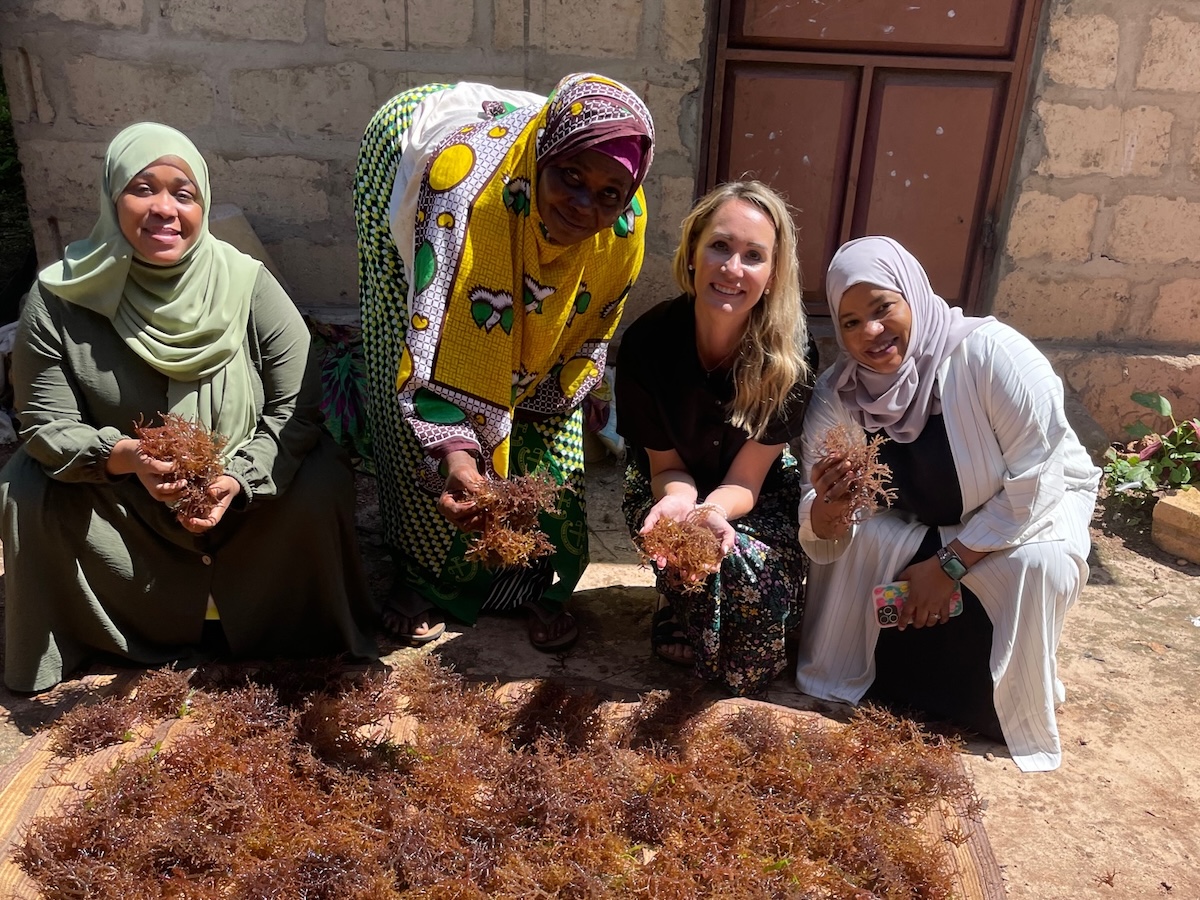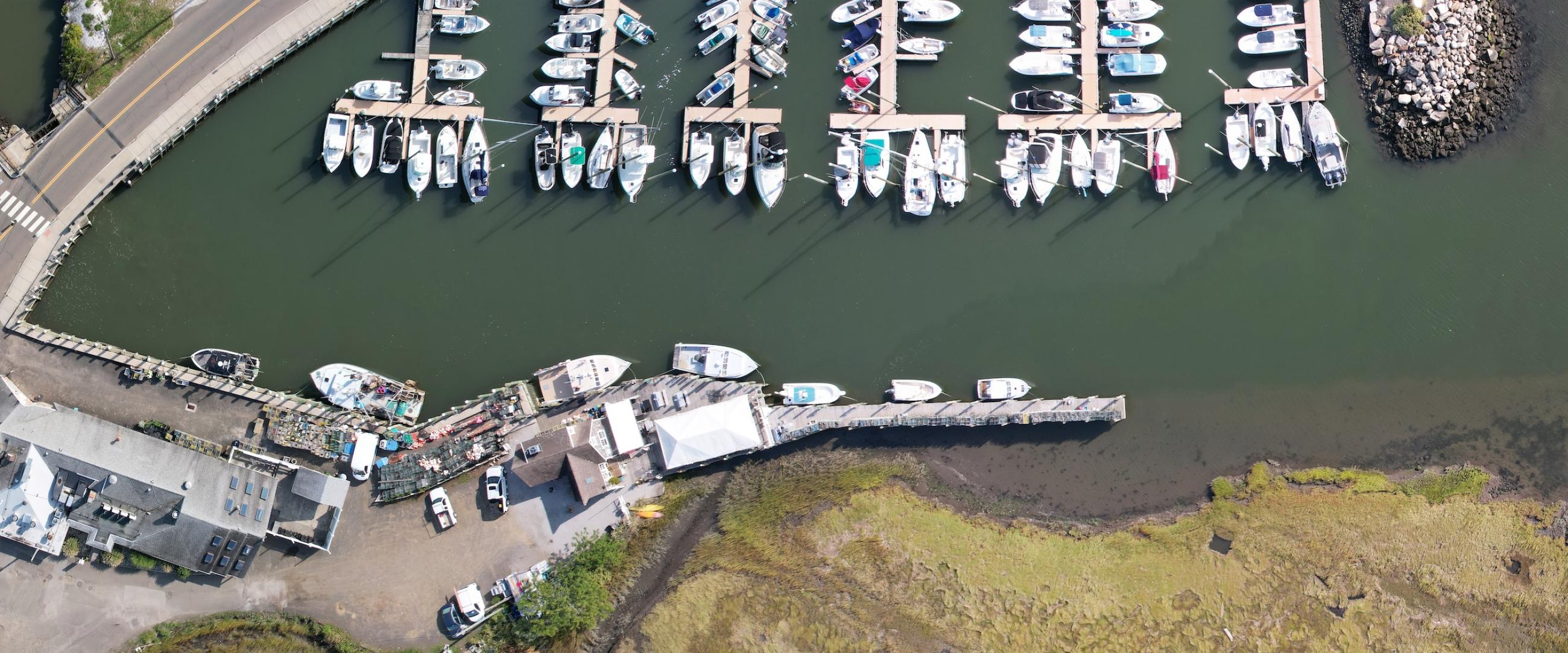The M.S. in Coastal Resilience integrates the study of biophysical and sociocultural systems to engage students in understanding the complexities of coastal resilience in the face of climate change and blue growth.
The program provides students with the knowledge and skills needed to plan for, and enact, coastal resilience solutions. Students are required to conduct novel thesis research and are encouraged to participate in the international study abroad opportunities provided. Faculty mentors will provide professional development and career advice throughout the program.
Topics Covered
Students will be engaged across an array of coastal resilience topics including environmental justice and the blue economy, geospatial analyses and coastal observation techniques, ocean and coastal planning and decision-making, physical coastal ecosystem dynamics, the impacts of climate change with a focus on solutions for mitigating and adapting to current and future impacts. Courses include the following:
Program Requirements (36 Credits)
Core Requirements (30 Credits)
CRM 500 – Research Methods I
CRM 501 – Coastal Systems I: Biophysical/Environmental Aspects
CRM 502 – Coastal Systems II: Sociocultural Aspects
CRM 503 – Coastal Hazards and Pollution
CRM 504 – Coastal Policy and Planning
CRM 505 – GIS I
CRM 506 – GIS II
CRM 510 – Research Methods II
CRM 550 – Field Experience
CRM 590 – Coastal Issues Seminar (must be repeated one time)
Capstone (6 Credits)
CRM 594 – Thesis Research I
CRM 595 – Thesis Research II
Program Features
Our students are exposed to an array of qualitative and quantitative methodological approaches foundational for conducting coastal resilience research. Graduates will become knowledgeable in global coastal resilience affairs while also understanding federal/national coastal resilience efforts and the role of state and local governance in achieving multiscale coastal resilience systems.
Program features include the following:
- Personalized instruction and advisement
- Opportunities to conduct applied research in coastal resilience
- Our Field Experiences Course offers opportunities to join in ongoing faculty research:
- Locally - Long Island Sound,
- Regionally - Martha's Vineyard
- Internationally - Tanzania, Iceland, South Africa
- Opportunities for fellowships and financial support
Learning Outcomes
- Students will build a knowledge base to address coastal resilience from a biophysical as well as socio-cultural perspective
- Students will gain skills to be able to successfully undertake coastal resilience research
- Students will hone competencies by examining coastal resilience in a field research context

Careers
Our graduates will use the applied field experiences and research-based studies to pursue careers in conservation science, alternative energy production, environmental health, coastal resilience program education and evaluation, coastal hazards preparedness, coastal development and rewilding the coast, coastal risks, and remediation techniques. Graduates will have the skills and relevant knowledge to pursue careers locally, nationally, and internationally.
Typical Job Titles
- Coastal Resilience Specialist
- Marine Policy Analyst
- Environmental Consultant
- Climate Change Adaptation Planner
- Coastal Zone Manager
- Marine Conservation Officer
- Disaster Risk Reduction Specialist
- Coastal Engineering Project Manager
- Environmental Impact Assessment Coordinator
- Sustainable Fisheries Manager
School / College
College of Arts & Sciences
Department
Environment, Geography and Marine Sciences
Contact
Miriah M. Russo Kelly

